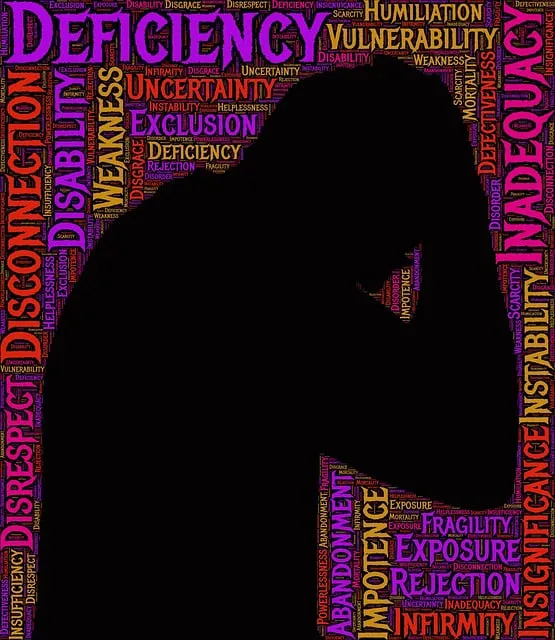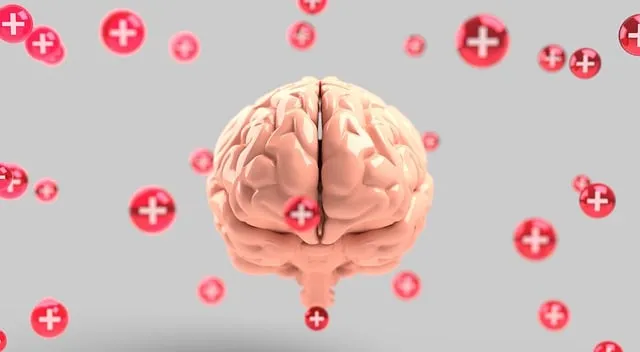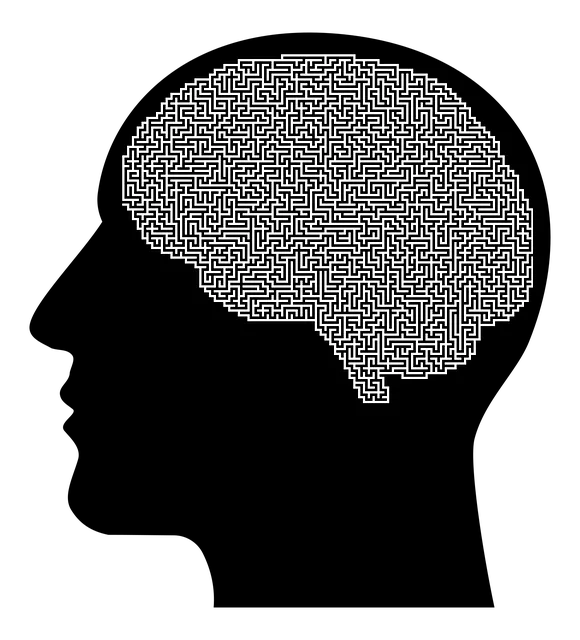Aurora Kaiser Permanente behavioral health providers pioneer an innovative RFM (Resilience, Flexibility, Mastery) framework to empower individuals in navigating life challenges. Through tailored skills training, self-care routine development, and crisis intervention guidance, they enhance emotional stability and resilience. Structured activities push clients beyond comfort zones, fostering mental toughness. Customized resilience programs consider individual and cultural differences, while cultural competency training ensures effective interventions for diverse populations. Success is measured using assessment tools to evaluate improvements in stress coping, anxiety, depression, and positive thinking, ensuring better mental health outcomes and enhanced well-being.
“Discover the power of resilience through RFM (Recovery, Flexibility, and Mastery), a transformative framework in behavioral health. This article explores how Aurora Kaiser Permanente’s innovative approach combines emotional coping mechanisms with tailored exercises to enhance mental toughness. We delve into the process of customizing resilience training for diverse patient needs, emphasizing its impact on improving outcomes. By understanding RFM, behavioral health providers can offer effective tools to help individuals navigate life’s challenges with greater adaptability and strength.”
- Understanding RFM: A Framework for Resilience in Behavioral Health
- Aurora Kaiser Permanente's Approach to Strengthening Emotional Coping Mechanisms
- The Role of Exercises in Building Mental Toughness and Adaptability
- Designing Customized Resilience Training Programs for Individual Needs
- Measuring Success: Evaluating the Impact of RFM Techniques on Patient Outcomes
Understanding RFM: A Framework for Resilience in Behavioral Health

At Aurora Kaiser Permanente, behavioral health providers are increasingly recognizing the power of RFM—a framework designed to enhance resilience in individuals facing various challenges. This model goes beyond traditional therapy by focusing on three key aspects: Reliability, Flexibility, and Mastery. By understanding these components, professionals can guide clients towards developing a stronger sense of self-efficacy and emotional stability.
Reliability refers to the consistency and supportiveness of one’s environment, while Flexibility involves the ability to adapt during difficult times. Mastery, on the other hand, pertains to the feeling of control and success in managing personal responsibilities. Through tailored exercises that integrate Conflict Resolution Techniques and Communication Strategies, as well as Crisis Intervention Guidance, Aurora Kaiser Permanente aims to equip individuals with the tools necessary for navigating life’s storms. This holistic approach not only empowers patients but also fosters a sense of resilience that can be applied across different aspects of their lives.
Aurora Kaiser Permanente's Approach to Strengthening Emotional Coping Mechanisms

Aurora Kaiser Permanente takes a holistic approach to strengthening emotional coping mechanisms through their behavioral health services. They recognize that building resilience is key to fostering better mental health, and thus, they prioritize empowering individuals with effective self-care routine development strategies. Their expert behavioral health providers offer comprehensive guidance on crisis intervention techniques, ensuring folks are equipped to navigate life’s challenges with enhanced resilience.
By integrating these practices, Aurora Kaiser Permanente aims to create a supportive environment where individuals can develop strong emotional coping skills, ultimately leading to improved well-being. This approach not only helps in managing crises but also fosters a sense of control and self-efficacy, which are vital components of long-term mental health maintenance.
The Role of Exercises in Building Mental Toughness and Adaptability

Exercises play a pivotal role in cultivating mental toughness and adaptability, two critical components for navigating life’s challenges, as emphasized by Aurora Kaiser Permanente behavioral health providers. Through structured activities designed to push individuals beyond their comfort zones, exercises help build resilience, enabling people to respond effectively to stress and adversity. This process involves not just overcoming physical barriers but also fostering a mindset that embraces change and uncertainty.
The benefits extend beyond the immediate session, as these exercises instill long-lasting coping strategies that are essential for maintaining mental wellness. Incorporating them into one’s routine, whether through Stress Management Workshops Organization initiatives, Public Awareness Campaigns Development efforts, or engaging in Mental Wellness Podcast Series Production, can significantly enhance an individual’s ability to adapt and thrive in various circumstances.
Designing Customized Resilience Training Programs for Individual Needs

Designing Customized Resilience Training Programs for Individual Needs is a key aspect of enhancing mental well-being, especially in diverse populations like those served by Aurora Kaiser Permanente behavioral health providers. Each individual’s journey towards resilience is unique, shaped by their personal experiences and cultural backgrounds. Therefore, creating adaptable programs that cater to these variations is essential for effective support.
Behavioral health professionals play a pivotal role in this process, utilizing Self-Awareness Exercises to help clients understand their triggers and strengths. By incorporating tailored activities, providers can address specific challenges faced by individuals or communities, ensuring the program resonates with their lived realities. This personalized approach not only fosters higher engagement but also leads to more profound and lasting resilience, a valuable asset in navigating life’s complexities, particularly when considering the broader context of Mental Health Policy Analysis and Advocacy. Additionally, Healthcare Provider Cultural Competency Training is integral to delivering these programs sensitively, respecting diverse perspectives and enhancing the overall effectiveness of the interventions.
Measuring Success: Evaluating the Impact of RFM Techniques on Patient Outcomes

Measuring success is a critical aspect of implementing RFM (Resilience, Flexibility, and Mastery) techniques within behavioral health services, particularly at Aurora Kaiser Permanente. By evaluating patient outcomes, healthcare providers can assess the impact and effectiveness of these exercises on individuals’ mental well-being. Success in this context goes beyond simple attendance or completion of programs; it involves quantifying improvements in patients’ ability to cope with stress, anxiety, and life’s challenges.
Aurora Kaiser Permanente’s behavioral health providers utilize various assessment tools to gauge progress. This may include pre and post-program surveys measuring symptoms of anxiety and depression, as well as self-reported improvements in coping strategies and positive thinking. The goal is to see a significant shift towards better mental health outcomes, reduced stress levels, and enhanced resilience, which are key indicators of successful RFM interventions. Such evaluations ensure that the services provided not only meet but exceed expectations, fostering a supportive environment that empowers patients to lead healthier, more balanced lives.
Aurora Kaiser Permanente’s innovative approach to building resilience through RFM techniques offers a promising path for enhancing emotional coping mechanisms in behavioral health. By combining understanding of RFM with targeted exercises, healthcare providers can equip individuals with the mental toughness and adaptability needed to navigate life’s challenges. Customized resilience training programs, measured by evaluating patient outcomes, demonstrate the potential for significant positive impacts. This strategy not only benefits patients but also contributes to a more resilient and adaptable community overall.





